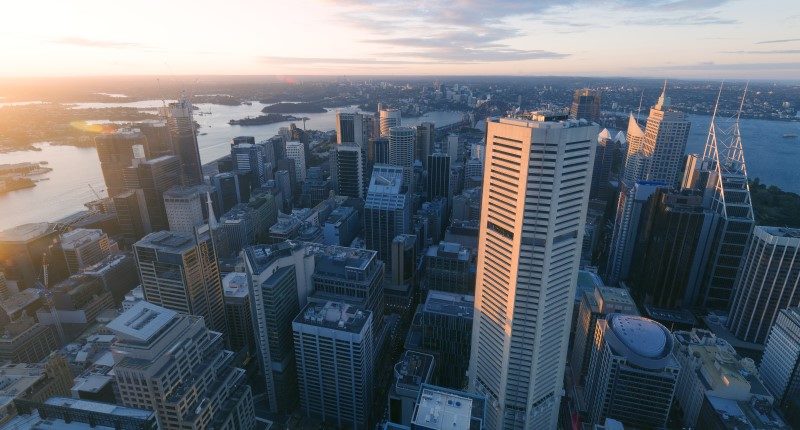- Atlassian notably is building a $1.4 new HQ, despite allowing all staff to work remotely
- A-Grade vacancy is currently 13.6% with B-Grade at 14% in Sydney, JLL has found
- Prime net face rents are yet to increase
A new report reveals that technology companies – many of whom facilitate remote work – have actually bucked their own trend, by returning to the Sydney CBD.
Notably, Atlassian, which has a market capitalisation of over $55 billion, has been working with Dexus on its new $1.4 billion headquarters. The project comes as the tech darling allows its entire to work remotely, as they please.
The report, JLL’s latest Tenant Perspectives, found that finance firms are the most active, especially with non-traditional players such as fintechs and challenger banks.
“Many technology-focused companies have experienced significant growth over the pandemic and want to increase their office footprint in Sydney CBD,” said Sadaf Mayar, JLL’s Tenant Representation NSW Senior Director.
“Gaining an edge in the war for talent, improving brand image, cost efficiencies and a better working environment are the key benefits these firms want from high-quality real estate,” she said.
Luke Dutton, JLL’s Tenant Representation NSW Senior Director, added that as a result, these businesses are leasing more and better-quality space in prime locations.
“Examples include a payments and business banking provider who leased 6,300 square metres at 55 Market Street, relocating from 3,800 square metres in Clarence Street,” said Mr Dutton.
“A cyber security tenant leased 3,200 square metres at 2 Market Street, vacating a much smaller office of 200 square metres in York Street. We’re also seeing a greater take-up by the new breed of financial services groups such as fintech, even as some traditional providers contract.”
Luke Dutton, JLL
Ms Mayar noted that workplace strategy is varied among tech firms amid a post-Omicron world.
“Some companies are moving to hybrid work models as they enable productive, diverse and inclusive talent ecosystems necessary for the digital economy. On the flip side, some other organisations like have focused in on operational efficiencies and taken a remote-first strategy.”
Currently, Sydney CBD’s headline office vacancy rate is 13%. In Premium-Grade buildings this is 11.9%, and is fragmented – often, only a single floor of part thereof for lease.
A-Grade vacancy is currently 13.6% with B-Grade at 14%.
Prime net face rents have remained unchanged since last year, sitting at $1,262 per sqm. Secondary net face rents have risen by 2% year-on-year to $926 per sqm.
“Rent-free periods, rent abatement and landlord contributions to fit-out are common features of new leases with headline incentives remaining elevated well above long term averages,” Mr Dutton said.
Across the capital cities, net absorption of 143,500 sqm of office space occurred in 2Q22, a strong resurgence from 4Q21 where just 21,399 sqm was taken up.
Sydney tenants, Mr Dutton advised, should make the most of a market in their favour, and begin negotiations well before their lease expires.
“Given the high levels of supply in most markets, good quality tenant covenants are highly sought after by landlords. The current market presents a great opportunity for tenants to leverage the conditions. Time in market is critical for this and we would recommend tenants engage early to gain maximum exposure to market opportunities,” said Mr Dutton.








